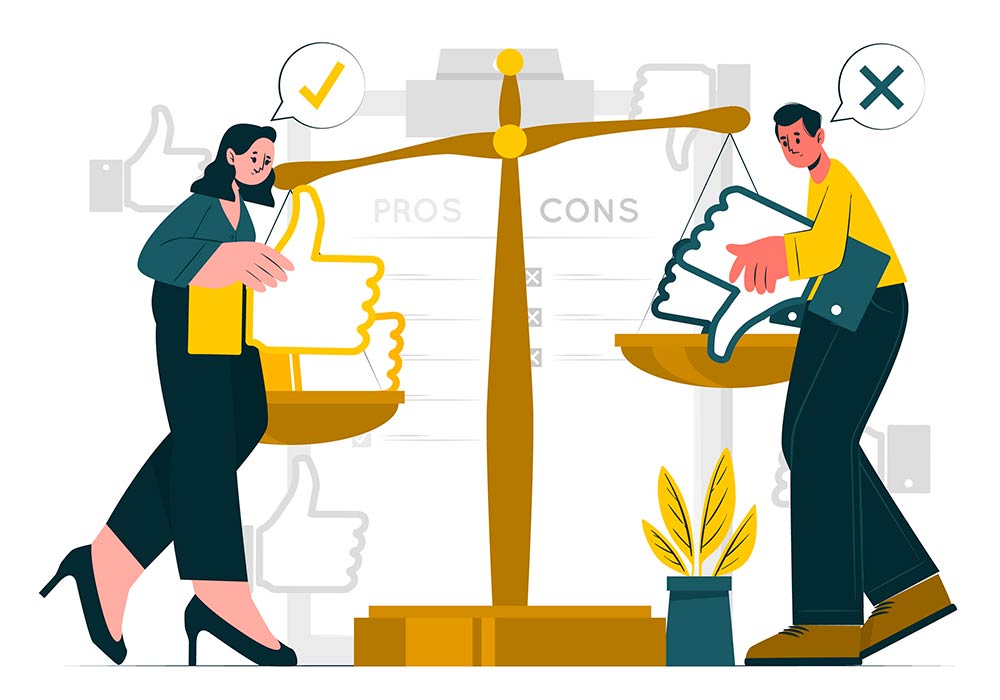Comparing ourselves to others in the office, in our family and even in our leisure time has become a ubiquitous phenomenon, especially since social media has become part of our daily lives. No longer do we compare ourselves only with those close to us, but we now have access to the lives and experiences of people all over the world at the swipe of a finger. What impact does this have on our perception of work-life balance?
In this article, we’ll discuss a recent study that looks at how job comparison can lead to emotional exhaustion, not only for the individual being compared, but also for their partner. We’ll also reflect on the implications of these findings for organisations and employees themselves.
What will I read about in this article?
Constantly comparing yourself with others, in and out of the office
The comparison with others is (practically) inevitable. It is as old as we can imagine, and at the same time, it is entirely contemporary. According to some experts, the constant presence of
In the midst of this scenario, work and family are two common areas in which to look at whether others enjoy a better state. The perception that my environment enjoys better jobs or manages to have (apparently) more united, communicative, and joyful families, instead of inspiring us, as many studies point out, sometimes demotivates us.
Some of these studies go so far as to claim that our well-being depends, to some extent, on this subjective comparison with others. Dawn Carlson, professor of management at Baylor University, and her team wanted to go further.
They set out to understand the effects of a new element of comparison: work-life balance: do others have a more harmonious life than I do? Do they organise themselves better?
The effect of job comparisons on couples: an analysis of emotional exhaustion
The Human Relations study looked at how comparisons in workload and
work-life balance can cause emotional exhaustion at home and at work. The researchers suggest that a negative evaluation of these comparisons can affect not only the person making the comparison, but also their partner.
Carslon’s team surveyed 403 couples in the United States at two different points in time. All couples were on average 35 years old, had been married for an average of 8 years and worked full-time. They were asked about workload comparison and work-life balance, personality traits, self-efficacy and levels of emotional exhaustion.
“Whether the perception of inferiority is true or false, it affects the person with the same intensity”.
The study found that people who felt more overburdened than their peers perceived less work-life balance. But they caution that the comparison we make with others is usually subjective.
We don’t have all the information and it tends to be partial. However, it seems that the “quality” of the comparison doesn’t matter much, as the perception of inferiority, whether true or false, affects the person with the same intensity. This reduced their confidence to balance the situation and increased emotional exhaustion at work and at home. The effects also extended to their partners.
Reflections on the consequences of comparing oneself to others in the office
The results of this interesting study have important implications for both organisations and employees themselves:

